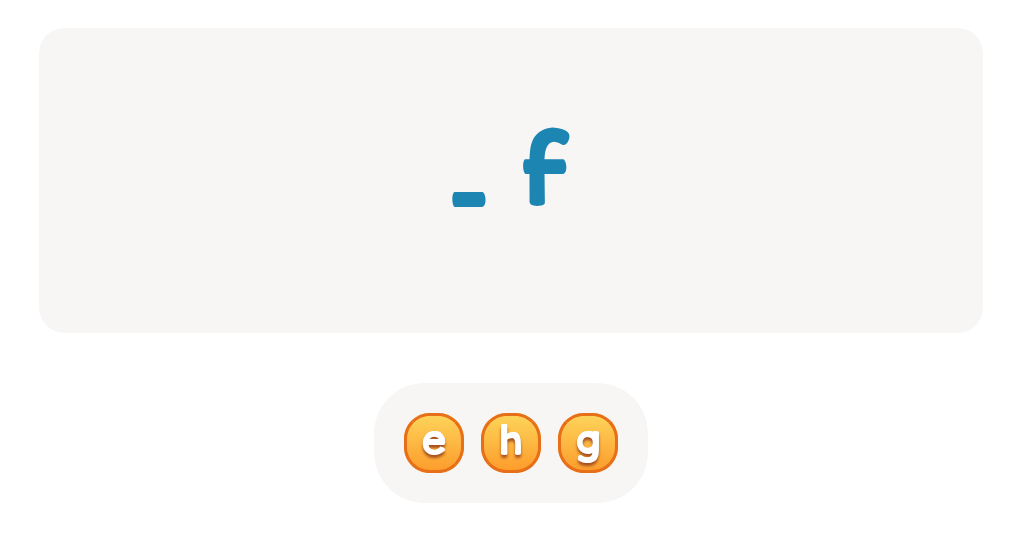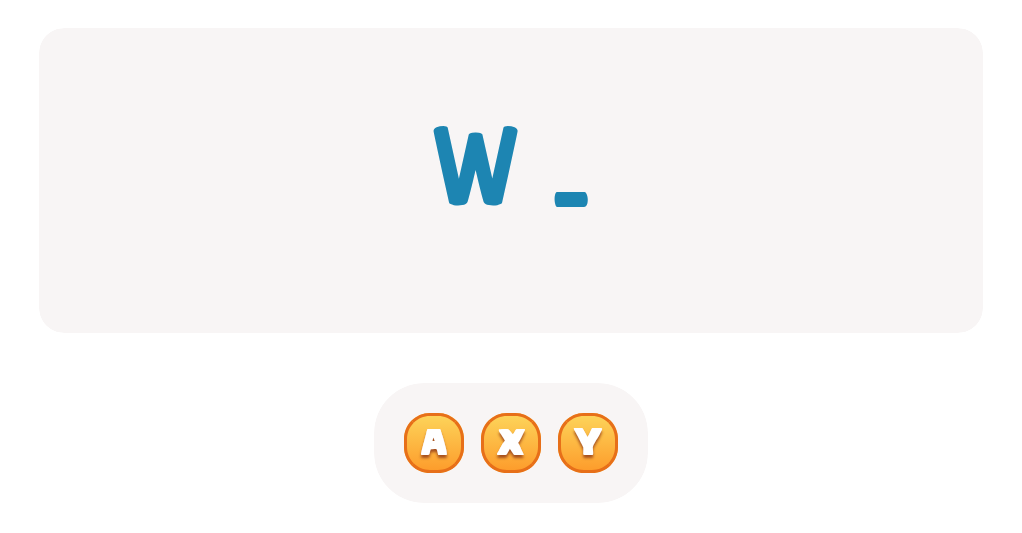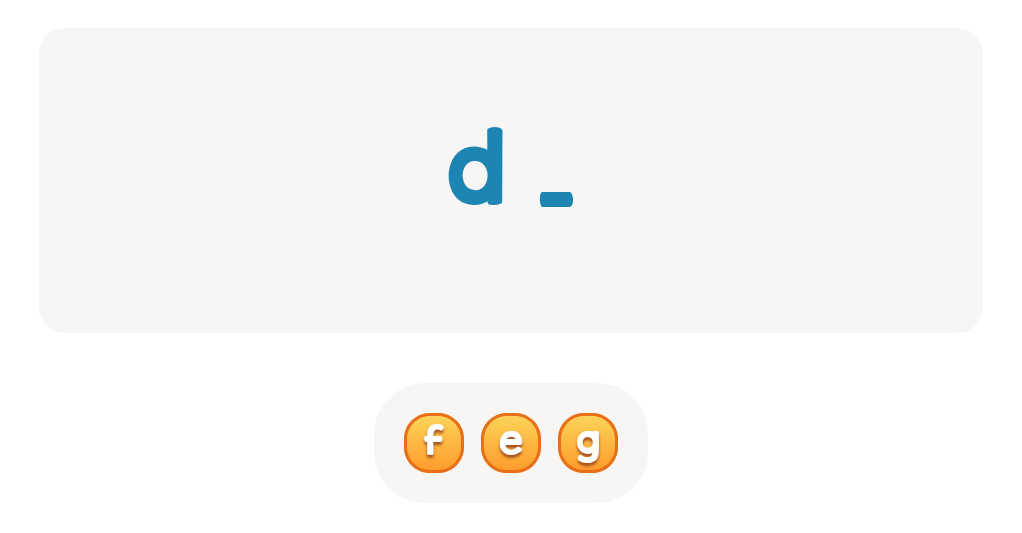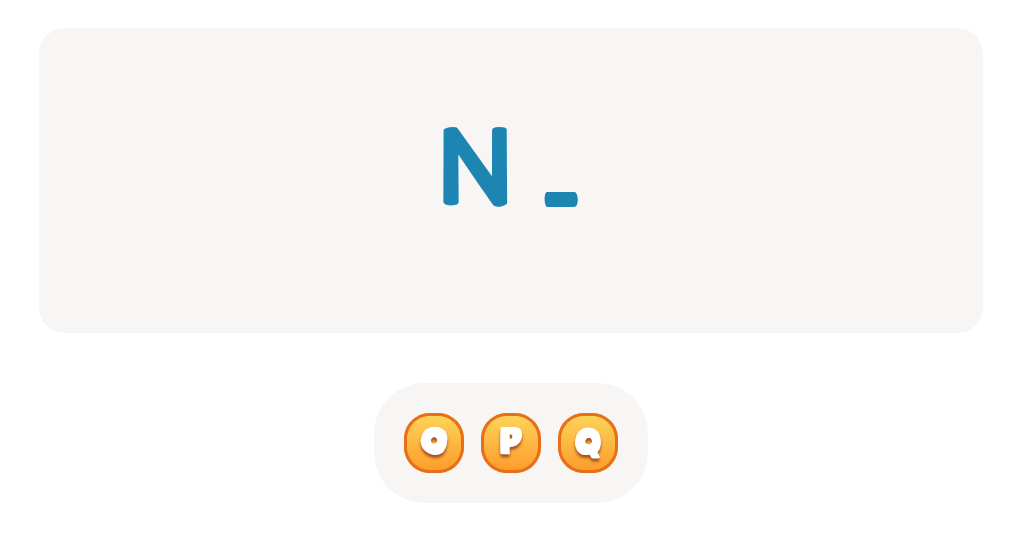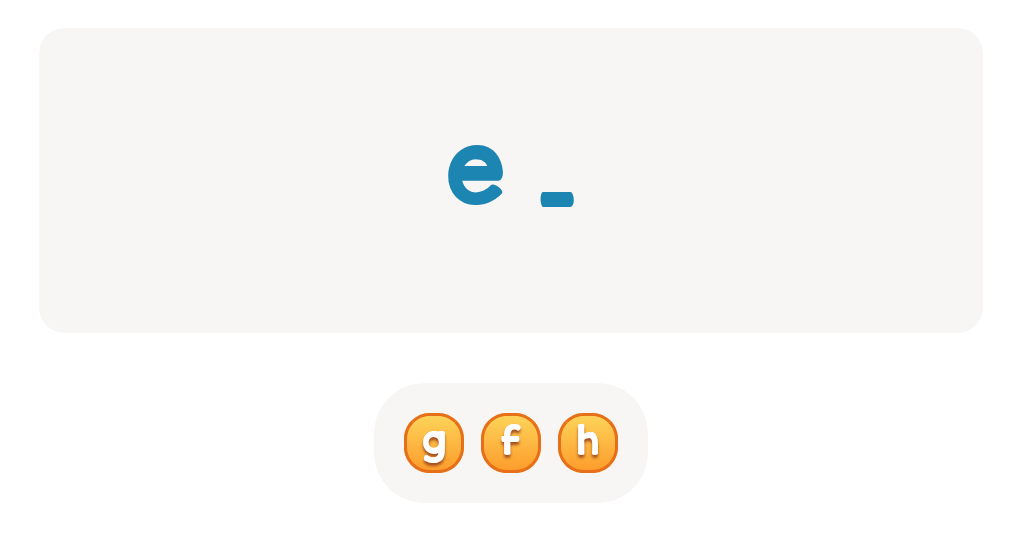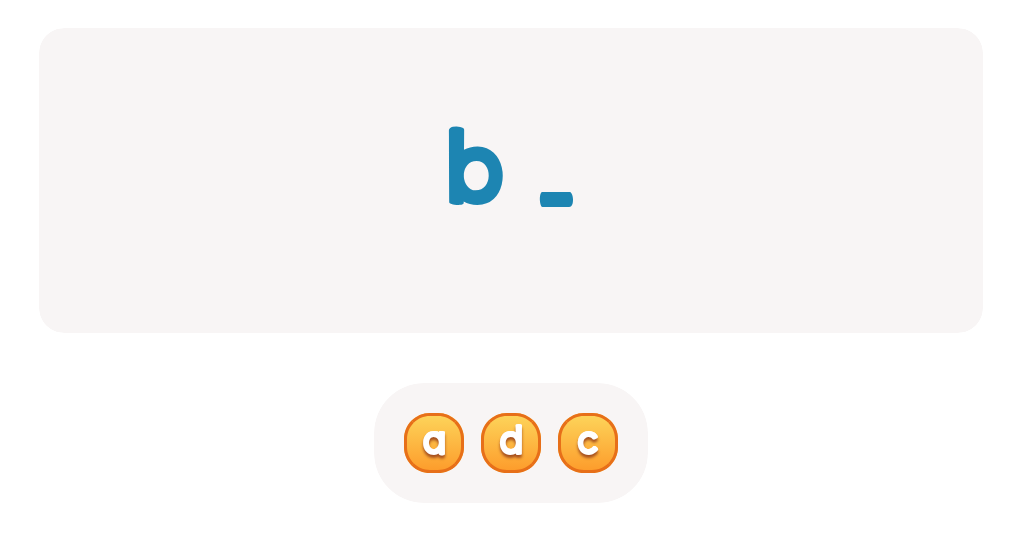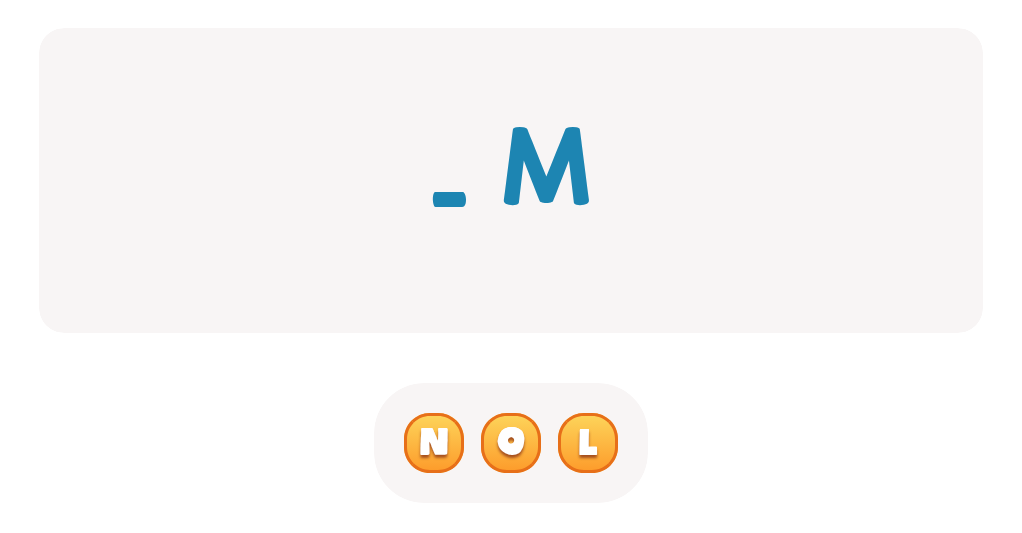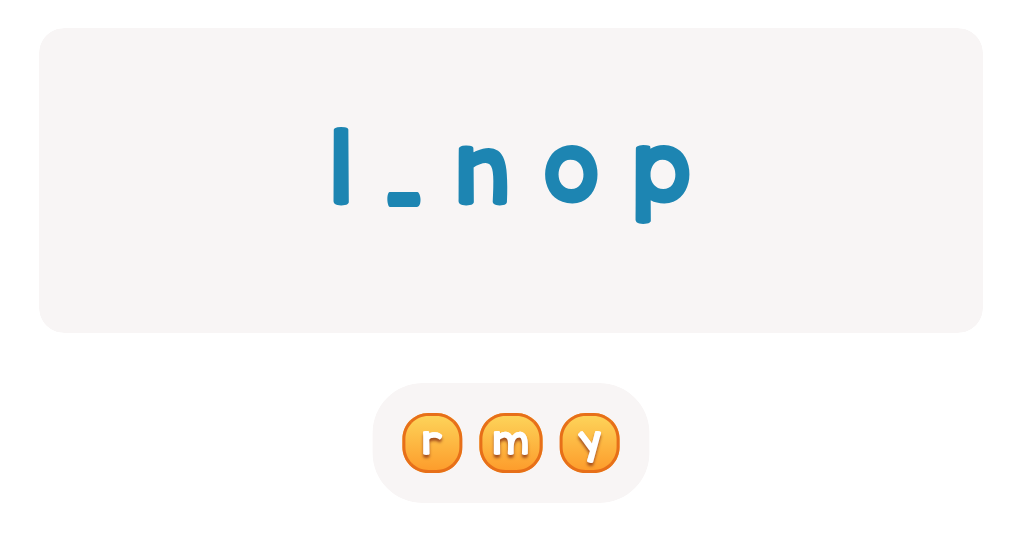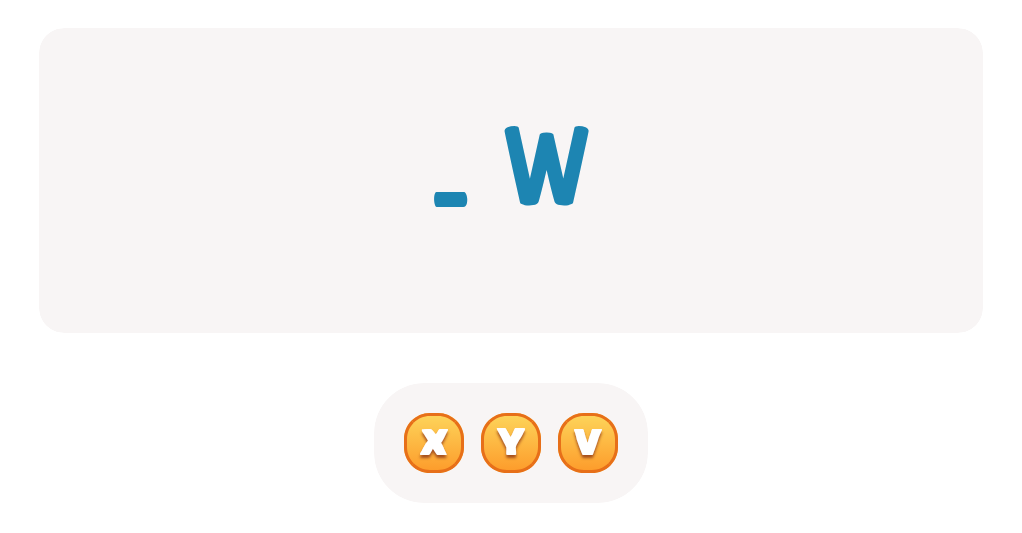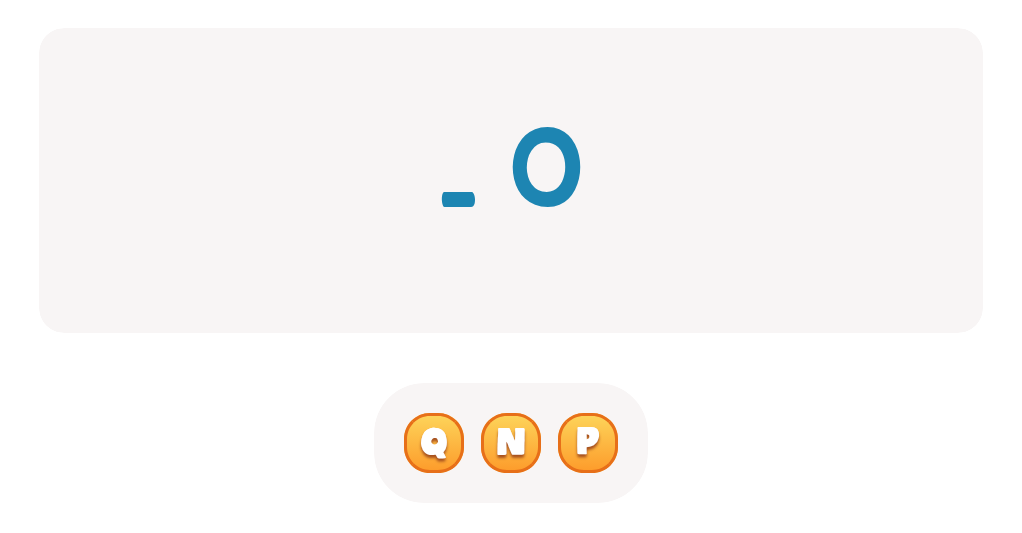Alphabet Learning ABC Letters Worksheets for Ages 7-8
3 filtered results
-
From - To
Enhance your child's alphabet mastery with our comprehensive "Alphabet Learning ABC Letters Worksheets for Ages 7-8." Designed to boost reading skills through engaging exercises, these worksheets provide a fun, interactive way for kids to practice letter recognition, writing, and phonetics. Each worksheet is carefully crafted to establish solid foundational skills, perfect for young learners. From tracing letters to filling in the blanks, the activities cater to various learning styles, ensuring your child not only knows their ABCs but also enjoys the learning process. Start your child's alphabet adventure today with our expertly designed worksheets!
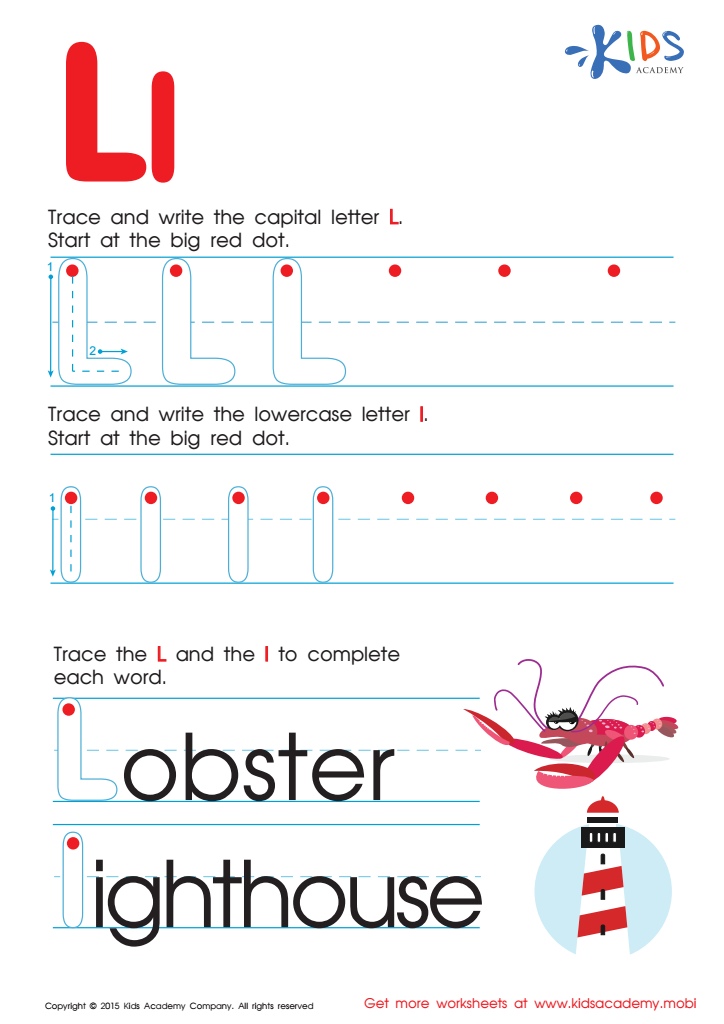

Letter L Tracing Page
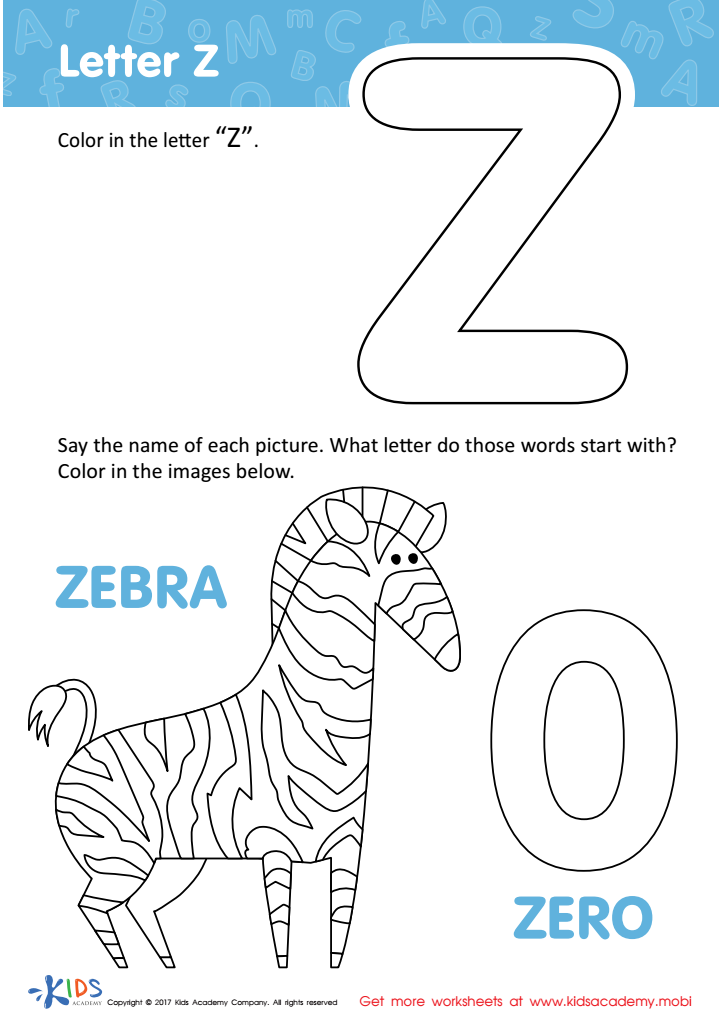

Letter Z Coloring Sheet
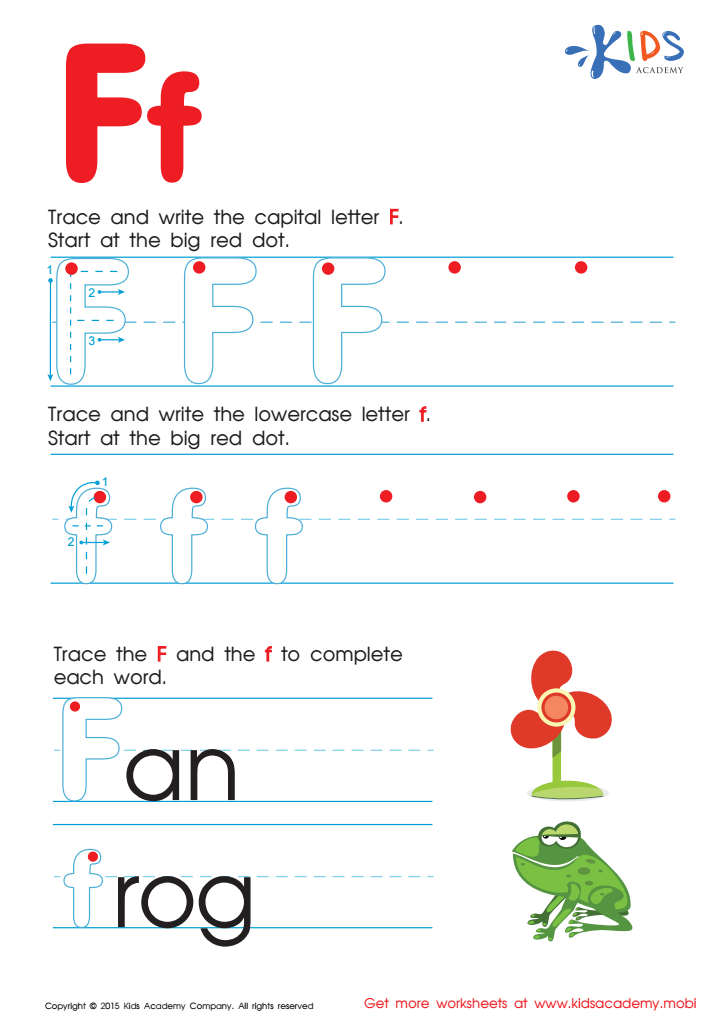

Letter F Tracing Page
Alphabet Learning, particularly within the ABC Letters framework, is essential for children aged 7-8 as it solidifies their linguistic foundation and paves the way for more advanced literacy skills. At this developmental stage, children transition from basic recognition to the application of letter-sound relationships, crucial for reading proficiency and effective communication.
Parents and teachers investing time in Alphabet Learning support their children in decoding new words quickly and accurately. This proficiency fosters not only confidence but also a love for reading, which is linked to academic success across all subjects. Phonics-based activities and consistent practice help young learners recognize patterns, spell accurately, and read fluently, all of which contribute significantly to comprehension.
Additionally, thorough mastery of the alphabet enhances children's writing skills. Understanding letter formation and appropriate usage fosters neat handwriting, better sentence structuring, and clearer expression of ideas. This competence is vital for effective written communication, an important skill in both academic and everyday contexts.
Moreover, alphabet games, songs, and hands-on activities make learning interactive and enjoyable, keeping children engaged and eager to learn. Parents and teachers who prioritize Alphabet Learning ultimately equip children with the essential building blocks of education, ensuring they are well-prepared for future academic challenges.

 Assign to My Students
Assign to My Students
